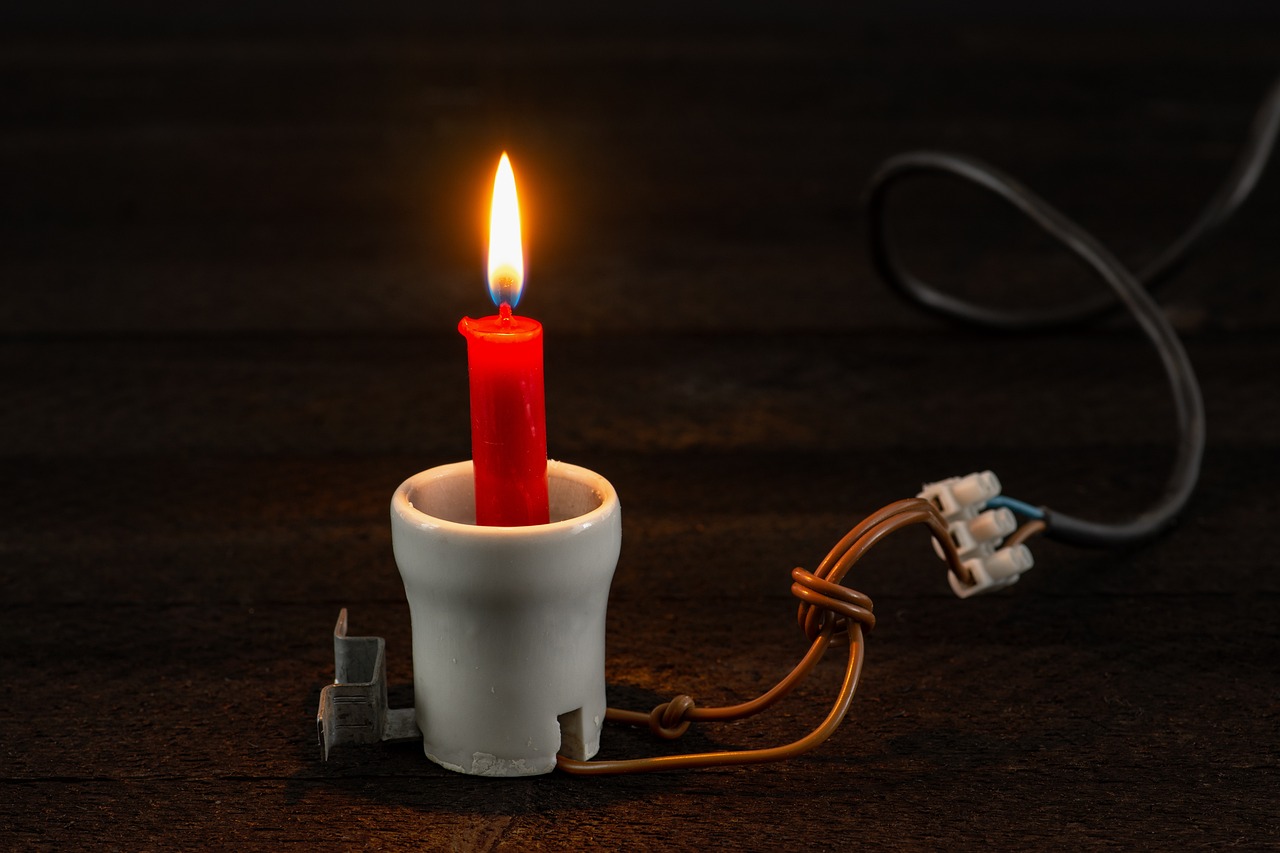Electrical fires are a common and often overlooked hazard in our homes, but knowing they’re different from other types of fires and what we can do to prevent them can give you a leg up on the danger. Today, we’ll explore the unique nature of electrical fires, see how they stack up against other fires, and learn some easy, practical steps to keep our homes safe.
What Sets Electrical Fires Apart?
Electrical fires are a unique and dangerous type of household fire. Unlike fires caused by open flames or chemical reactions, electrical fires often originate from issues within a home’s electrical system – faulty or aged wiring, overloaded circuits, and malfunctioning electrical appliances. These fires can be deceptive, often starting within the walls or in hidden spaces behind appliances, making early detection of the danger challenging.
Characteristics of electrical fires include:
Origin: Electrical fires typically start from electrical sources such as wiring, outlets, and appliances.
Location: Often concealed, they can begin within walls or behind devices, making them hard to notice initially.
Spread: These fires can rapidly spread through a home’s electrical system, extending to various locations quickly.
Odor: A distinct burning smell, different from wood or paper fires, is a common indicator of an electrical fire.
How Do Electrical Fires Typically Start?
Electrical fires generally begin with an ignition process involving electrical malfunctions or overheating. This can occur in several ways:
Faulty Wiring: Worn out, damaged, or improperly installed wiring is a leading cause of danger. Over time, insulation around wires can deteriorate, leading to shorts and sparks.
Overloaded Circuits: When too many devices draw power from a single circuit, it can cause overheating and potentially start a fire.
Malfunctioning Appliances: Common household appliances like space heaters, clothes dryers, and lighting fixtures can overheat, mainly if improperly used or maintained. For instance, a dryer’s lint build-up can act as kindling for sparks, igniting a fire.
Electrical Fires vs Other Fires
In addition to electrical fires, various other types pose risks in Florida homes. Chemical fires, rare in residential properties, often occur in industrial settings and involve flammable liquids or gases. Kitchen fires, another common household hazard, typically involve cooking oils or overheated food.
Comparative Analysis of Different Fire Types
- Source of Ignition:
Electrical fires are caused by faults in electrical systems.
Chemical fires result from reactions involving flammable substances.
Kitchen fires usually start from cooking mishaps involving high heat and oil. - Speed and Manner of Spread:
Electrical fires can spread rapidly through wiring.
Chemical and kitchen fires may spread quickly due to flammable liquids. - Smoke and Odor Characteristics:
Electrical fires produce a distinctive acrid smell.
Chemical fires may emit toxic fumes.
Kitchen fires often have a smoky, burnt food odor. - Extinguishing Methods:
Electrical fires require non-conductive agents like CO2 or dry chemical extinguishers.
Chemical fires need specific agents depending on the chemical involved.
Kitchen fires are often extinguished with wet chemical extinguishers.
The key to preventing electrical fires lies in awareness and consistent maintenance. Regular inspections and cautious usage of electrical systems play a pivotal role in identifying potential risks before they escalate into hazards. Overloading circuits and careless handling of appliances are common mistakes that can easily be avoided, with the added bonus of saving you money in the long run. For a comprehensive safety evaluation and necessary upgrades, consulting with professional electricians is highly recommended. Their expertise can provide peace of mind so you know your home is protected against the risks of electrical fires.
Promise Electric employs a team of master electricians experienced in all manner of residential electrical upgrades and inspections. Get in touch to schedule an inspection to protect your home today.



